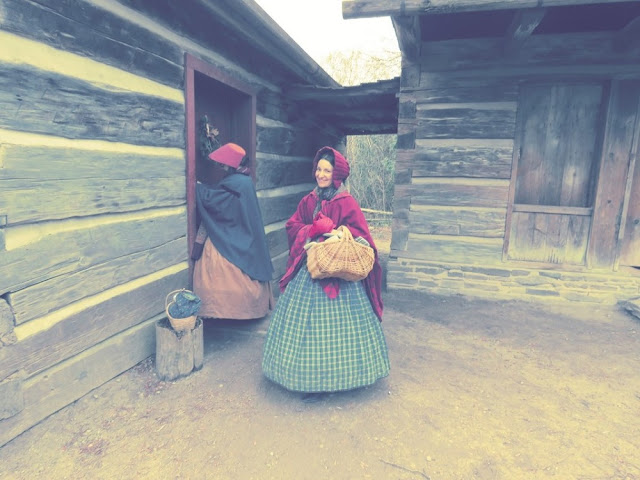Space Travel and Time Travel
Space travel and time travel are closely related. According to Einstein, we can travel fast into space only by traveling near the speed of light. In this case, the crew of a ship travels into the future, with relativistic spaceflight. Besides, we travel slowly into the future all the time, at the rate of one day every day.
But what of the past? Could we return to the past and change it? Could we make events turn out differently from what the history books assert?
Many physicists believe that a voyage into the past is impossible.
Indeed, even if you had a device that could travel backwards in time and if you journeyed into the past and prevented your parents from meeting, they explain, you would never have been born – which is something of a contradiction, since you clearly exist. Thus you would be unable to do anything that would make any difference.
Like the proof of the irrationality of some mathematical theories and like the discussion of simultaneity in special relativity, this is an argument in which the premise is challenged because the conclusion seems absurd.
 |
| A Time Traveler caught in picture by Elena |
But we can’t forget that two alternative histories are possible, despite the fact that we are seemingly condemned to experience only one of them. It is possible that time itself has many potential dimensions.
History consists of a complex bundle of deeply interwoven threads, political, cultural, social, economic forces that are not easily unraveled. The countless unpredictable, random and small events that flow on continually often have no long-range consequences.
Some of the event, however, – those occurring at critical junctures or branch points, – may change the pattern of history.
Two alternative histories mean that two equally valid realities could exist side by side, that’s the reality we know and another one – a reality in which we were never born.
Suppose you could go back into the past and change it – by any insignificant action. Then, it is argued, you would have set into motion a different sequence of historical events.
In this case, those events you left behind in our time line would never know about. If that kind of time travel were possible, then every imaginable alternative history might in some sense really exist.
There may be cases where profound changes can be made by relatively trivial adjustments. The farther in the past such an event is, the more powerful may be its influence – because the lever arm of time becomes longer.
 |
| A squirrel. Do we live in alternative history or do the others? (Quotations from Megan Jorgensen). Image by © Elena |
Time Travel
Space travel and time travel are connected. We can travel fast into space only by traveling fast into the future. But what of the past? Could we return to the past and change it? Could we make events turn out differently from what the history books assert? We travel slowly into the future all the time, at the rate of one day every day. With relativistic spaceflight we could travel fast into the future. But many physicists believe that a voyage into the past is impossible. Even if you had a device that could travel backwards in time, they say, you would be unable to do anything that would make any difference. If you journeyed into the past and prevented your parents from meeting, they you would never have been born – which is something of a contradiction, since you clearly exist. Like the proof of the irrationality of V2, like the discussion of simultaneity in special relativity, this is an argument in which the premise is challenged because the conclusion seems absurd.
But other physicists propose that two alternative histories, two equally valid realities, could exist side by side – the one you know and the one in which you were never born. Perhaps time itself has many potential dimensions, despite the fact that we are condemned to experience only one of them.
 |
| Do we live in alternative history or do the others? (quotations of Megan Jorgensen). Image by © Elena |
Suppose you could go back into the past and change it – by persuading Queen Isabelle not to support Christopher Columbus, for example. Then, it is argued, you would have set into motion a different sequence of historical events, which those you left behind in our time line would never know about. If that kind of time travel were possible, then every imaginable alternative history might in some sense really exist.
History consists for the most part of a complex bundle of deeply interwoven threads, social, cultural and economic forces that are not easily unraveled. The countless small, unpredictable and random events that flow on continually often have no long-range consequences. But some, those occurring at critical junctures or branch points, may change the pattern of history. There may be cases where profound changes can be made by relatively trivial adjustments. The farther in the past such an event is, the more powerful may be its influence – because the longer the lever arm of time becomes.
No comments:
Post a Comment
You can leave you comment here. Thank you.